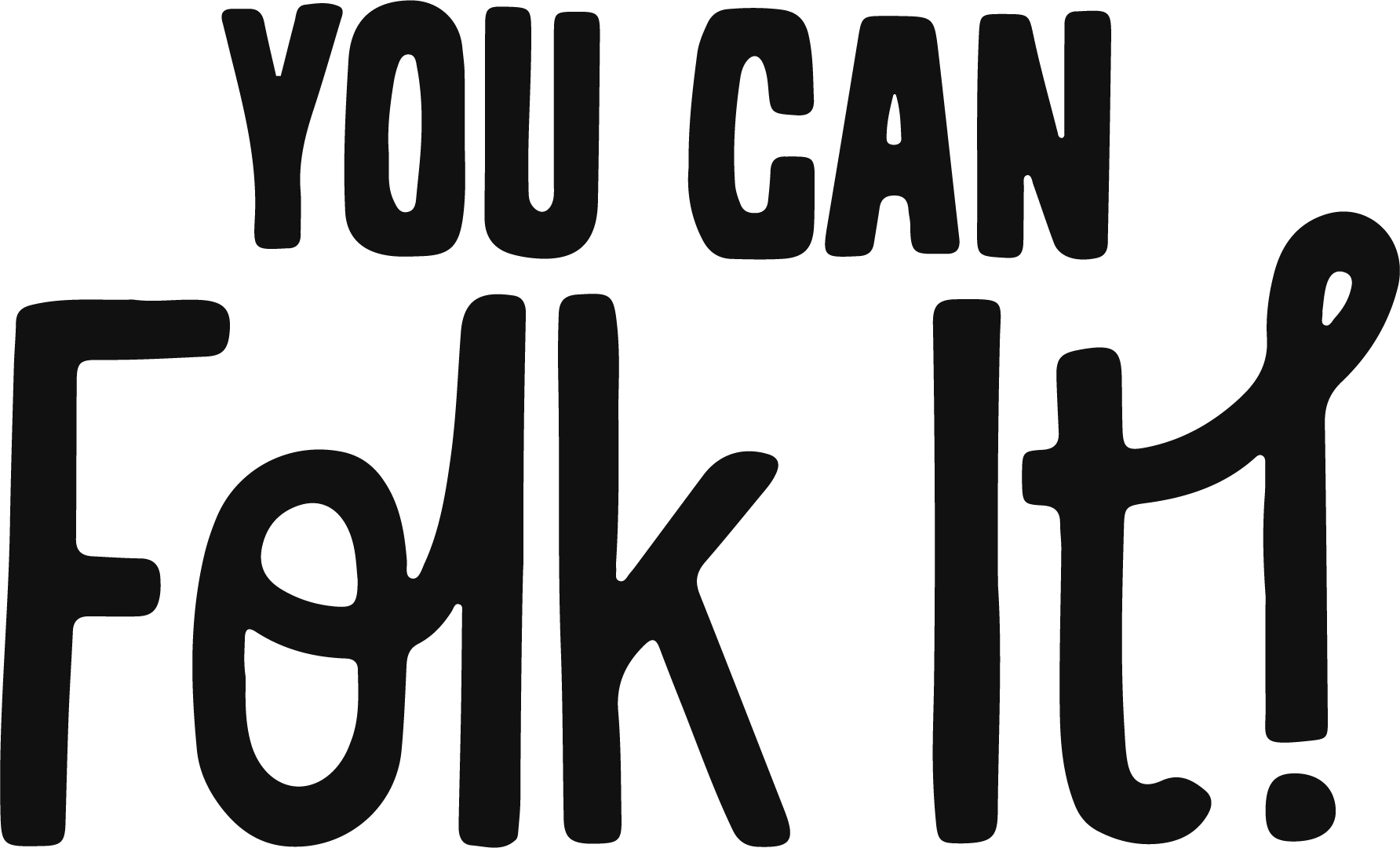I felt inspired to write this post after sitting with my daughter recently and watching her play on an intricate obstacle course (or “obby” as she calls it). To see her guide the character through various hurdles and pitfalls with speed and dexterity blows me away (and I’ll be honest, makes me feel rather old!). No one sat and showed her how to manoeuvre through this game yet here she is.
In life, so many things can come naturally to us that we take it for granted until we are faced with something that we find challenging. Watching her struggle with a particularly difficult level of the game, I realise that just like us as adults, she is focusing on the things she can’t do. No matter how many times I point out all the things she has already learned and no matter how many times she sees me trying to even attempt the game (and spectacularly failing) she struggles to see her achievements.
Why am I, a painting tutor taking about my daughters computer games? I wanted to mention it because I see so many similarities between her experiences and those of our students as they learn to paint. I see her struggles in myself when I am learning something new. I realise it doesn’t matter how old we are, when something means so much to us, we become so focused on what we want to achieve, we forget that those goals can sometimes take time.
The thing is, focusing on our failures isn’t entirely our fault! In fact it is completely natural. Why? Well, in order for humans to survive, our brains have developed the ability to pay particular attention to negative events and experiences. This ‘negativity bias’ as is has been called has helped many generations throughout the ages remain alert to the dangers and threats we faced in our environments and avoid injury and death. This bias though does not discriminate between real or imagined danger.
So how can we deal with feelings of failure, disappointment and incompetence if our attention is primed to see what we aren’t getting right? If we can’t see all we ARE learning?
How can we develop our level of persistence and keep going?
Well, here’s a few things that I’ve seen my daughter do during her learning journey on the computer.
- I noticed while watching her repeatedly tackle a level that she will consistently learn and adapt her approach to different areas of the game. Where she failed to complete a jump, she tries different moves - she jumps earlier or later on the game. She steps to the left or the right. She tries out different solutions until she finds one that works….She embraces that failure as a learning opportunity
ACTION: When you can only see failure, reframe it and ask yourself “What have I learned from this? How can I do things differently next time?”
2. As children (and sometimes as adults) we expect instant success. Her frustration, I realised stemmed from her belief that she SHOULD be completing each level on her first try. When I asked her about the experiences of her older sister and friends, she knows that this isn’t their experience and it shouldn’t be hers so we have to keep adjusting her expectations gently, step by step. Taking that time to recognise her progress helps her stay patient and focused on the journey.
ACTION: Give yourself a deadline. Keep learning, keep going until that deadline without judgement and only on that deadline look back and take a look at your progress. This will keep you moving through anything you identify as a ‘failure’ and will allow you time and space adjust your expectations.
3. Watching her play on her game, her mind is fully engaged in the task at hand…to the point that she will not even hear me if I talk to her. As frustrating as this can be as a parent, she is the perfect example of mindfulness in action. She is focused entirely on the present moment.
ACTION: Try to stay mindful and in the moment. This helps us stay grounded, reduces anxiety, and enhances our ability to persevere.
4. When she finally conquers a tricky obstacle or sails past the ledge she normally falls off, she is ecstatic! She has no issue celebrating her achievements in ways that we often don’t do as adults because we feel we have to downplay our successes so we aren’t seen to be bragging or overshadowing anyone else.
ACTION: Take that time to recognise and acknowledge your progress. After all, it is a great way to boost your motivation and remind yourself that every step forward is significant.
5. One thing my youngest started doing was asking her older sister to help her through a level. I tried to convince her to complete it herself, to keep going when she was struggling but then I realised I wasn’t helping. I was stopping her from collaborating and teaching her not to ask for support and help! Reaching out is not a bad thing or a weakness. In fact, as I watched them, I realised she was learning just as much watching her sister as she was when she was controlling the game herself.
ACTION: Seek support from online communities, tutors and mentors, friends and family when faced with daunting challenges. Sharing experiences with others, asking questions and receiving guidance can fuel our determination and provide fresh perspectives.
Who knew that watching someone run an obstacle course online could lead to so many a-ha moments! Honestly, I am beginning to see that success or failure, we can learn something from every moment in life :)
How do you overcome difficult times when you are learning something new? We’d love to hear your tips just tag us #youcanfolkit on social media so we can share it with others.
